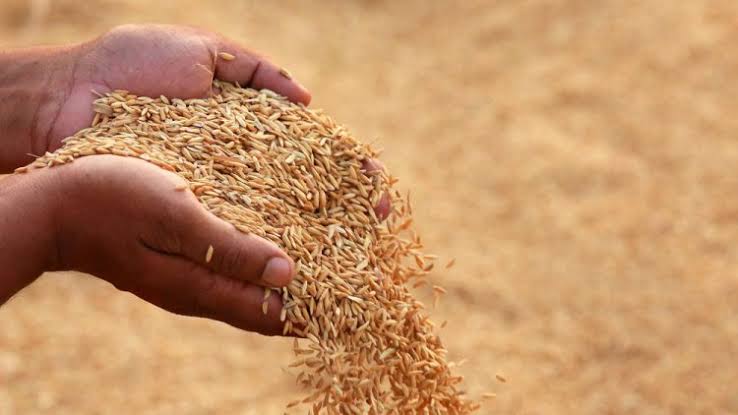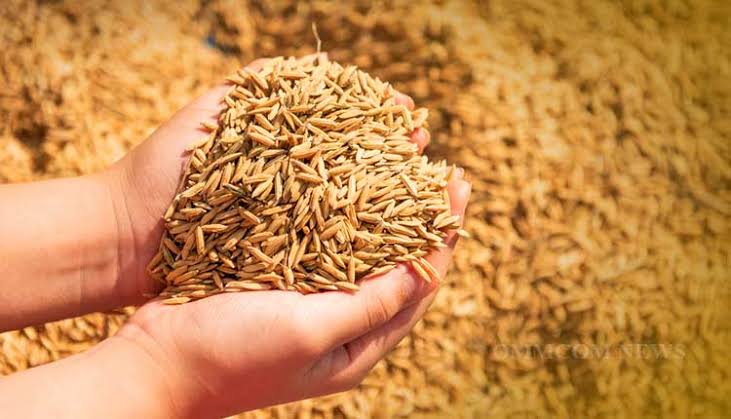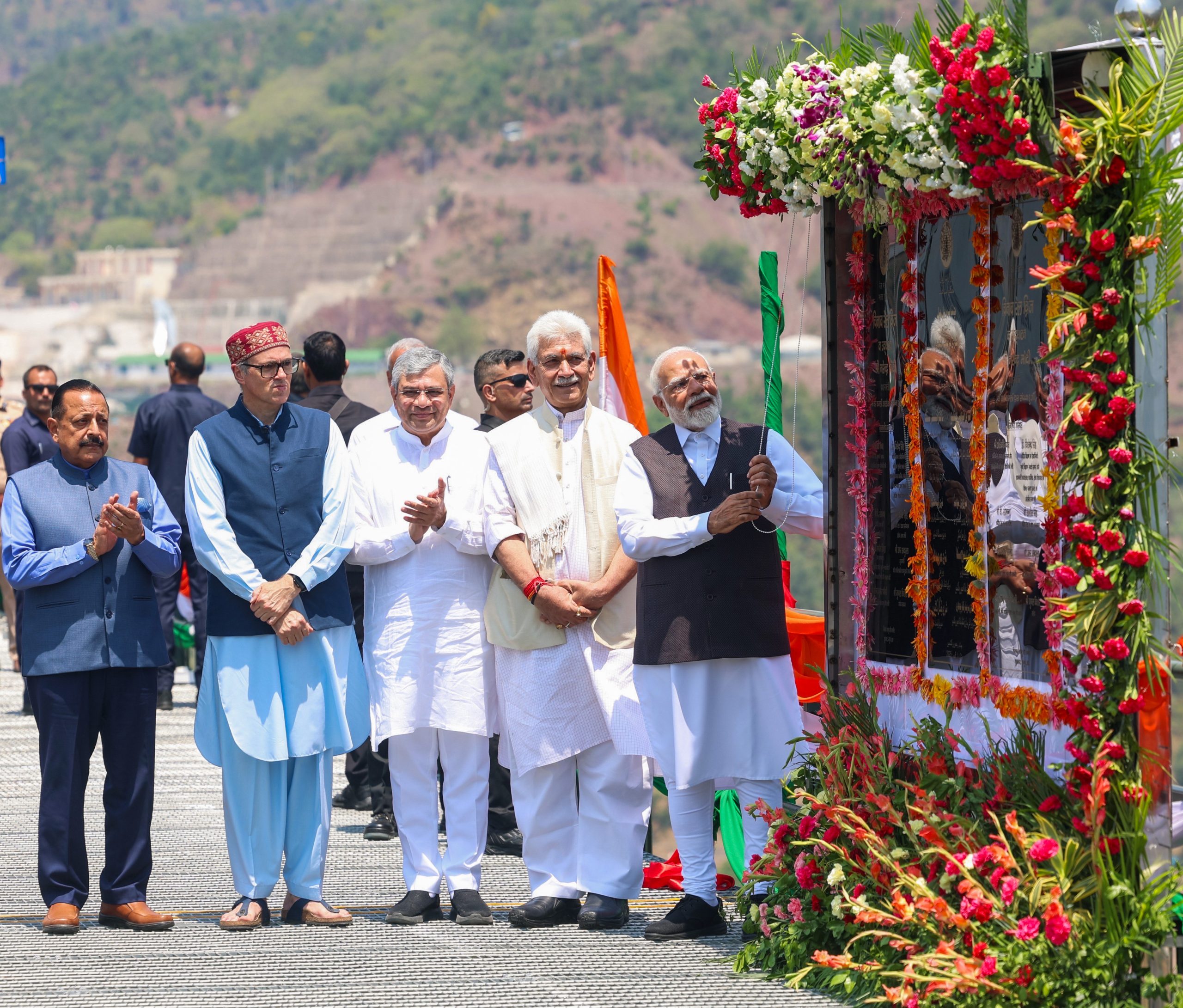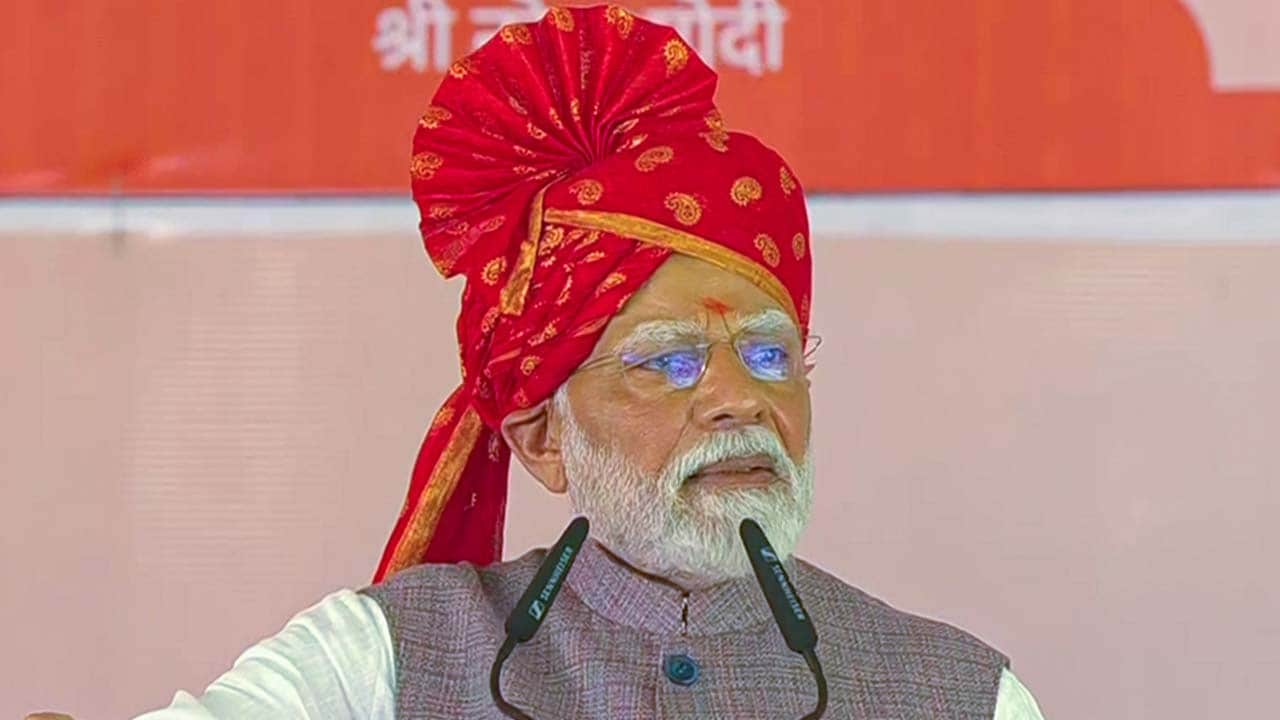In a significant step towards preserving India’s rich agricultural heritage, Union Home Minister and Minister of Cooperation Shri Amit Shah chaired a review meeting in New Delhi today to discuss the conservation and promotion of traditional seeds under the Bharatiya Beej Sahkari Samiti Limited (BBSSL). The meeting underscored the government’s commitment to safeguarding indigenous seed varieties, which are vital for sustainable farming and food security.
 During the discussion, Shri Amit Shah highlighted BBSSL’s ongoing efforts to conserve and promote traditional seeds, emphasizing their role in ensuring biodiversity and resilience in Indian agriculture. He directed officials to prioritize the organic production of select traditional seeds from various regions across the country and ensure their widespread availability in markets from Kharif-2025. This initiative aims to revive interest in native seed varieties, many of which have been overshadowed by hybrid and genetically modified alternatives.
During the discussion, Shri Amit Shah highlighted BBSSL’s ongoing efforts to conserve and promote traditional seeds, emphasizing their role in ensuring biodiversity and resilience in Indian agriculture. He directed officials to prioritize the organic production of select traditional seeds from various regions across the country and ensure their widespread availability in markets from Kharif-2025. This initiative aims to revive interest in native seed varieties, many of which have been overshadowed by hybrid and genetically modified alternatives.
Some of the key seeds identified for preservation and large-scale cultivation include Amreli millet from Gujarat, Uttarakhand’s Gahat (Horse Gram) and Mandua (Finger Millet), Bundelkhand Methi (Fenugreek), Kathia wheat, Munsiyari Rajma, Kala Bhatt, four varieties of Kala Namak paddy, as well as Juhi and Gopal Bhog paddy from Bengal. These seeds, known for their unique nutritional properties and adaptability to diverse climatic conditions, hold immense potential in addressing food security challenges while promoting sustainable farming practices.
Shri Amit Shah also stressed the importance of creating a comprehensive database of traditional seeds, encompassing fruits, vegetables, and food grains from across the country. He called for a well-structured action plan to ensure their conservation and broader utilization among farmers. This initiative aligns with the government’s larger vision of strengthening self-reliance in agriculture and promoting organic and sustainable farming practices.
This renewed focus on traditional seeds reflects a growing recognition of their value, not just in preserving India’s agricultural diversity, but also in ensuring a more resilient and self-sufficient food system. Farmers, researchers, and policymakers alike are hopeful that such measures will reinvigorate interest in indigenous seeds and contribute to a healthier, more sustainable future for Indian agriculture.l




